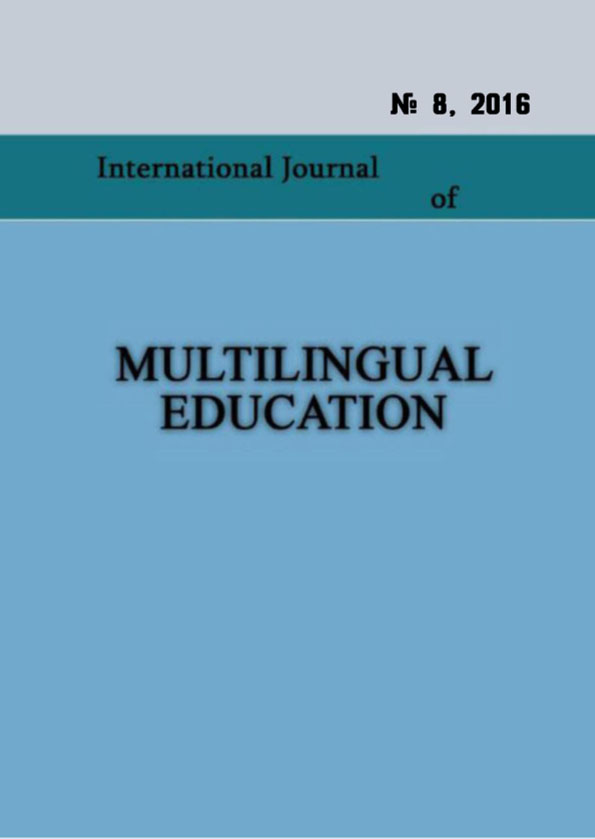Multilingual Translations of the Poetic Utterance: Senses Lost and Preserved
Keywords:
multiculturalism, multilingual translations, poetic utterance, poetry, target languages.Abstract
The problem of the quality of translation has been in the focus of scientific research for an extended period of time, but it appeared that a comparative analysis of multilingual translations has seldom troubled linguists. It is evident that our multicultural world demands an increase in interest to this issue, which means that a translator should be both multilingually educated, multiculturaly aware. There exist a lot of requirements to the translator, but even the fullest list of them is not enough for the creation of a high quality multilingual literary translation.
The main question of the theory of translation can be put in such a way: whether it is possible or not to reproduce accurately the ideas in one language expressed by means of the other language. There are two opposite viewpoints concerning this question. We offer a comparative approach is a crucial extension to the multilingual translations of a poetic utterance research. Original poems, which exist as the unity of content and form, require attentive and sensitive reading and understanding. Poetry, in contrast to prose, by its nature submits special rules, has specific form, which a translator has to follow. Sometimes this task stays unreached, because any poet has specific, common only for him, the system of images and the language, with the help of which he creates it.
References
Emily Dickinson. Poems. – доступно з: <http://www.mith2. umd.edu/WomensStudies/ReadingRoom/Poetry/Dickinson/>.
Бархударов, Л.С. Некоторые проблемы перевода английской поэзии на русский язык / Л.С. Бархударов // Тетради переводчика. – Вип. 21. – М. - 1984. – С.38 – 48.
Гачечиладзе, Г. Стихосложение и поэтический перевод / Г. Гачечиладзе // Поэтика перевода. – М., 1988. – С.88 – 100.
Комиссаров, В.Н. Теория перевода /В.Н. Комиссаров. – М.: Высш.шк., 1990. – 253с. Нелюбин, Л.Л. Переводоведческий словарь / Л.Л. Нелюбин. — М., 1999. – 427 с. Общие вопросы перевода. Доступно з: <http://www.philosoft.ru/
_subsites/tcportal/perevod/tr01_1.htm>.
Published
How to Cite
Issue
Section
License
Copyright (c) 2016 Viktoria Iashkina

This work is licensed under a Creative Commons Attribution-NonCommercial 4.0 International License.
Copyright (c) - Authors who publish with this journal agree to the following terms: Authors retain copyright and grant the journal the right of first publication with the work simultaneously licensed under a Creative Commons Attribution-Noncommercial 4.0 International License, which allows others to share the work with an acknowledgement of the work's authorship and initial publication in this journal. Authors are permitted and encouraged to post their work online (e.g., in institutional repositories or on their personal website) prior to and during the submission process, as it can lead to productive exchanges, as well as earlier and greater citation of published work (see The Effect of Open Access). Authors may enter into separate, additional contractual arrangements for the non-exclusive distribution of the journal's published version of the work (e.g., post it to a repository or publish it in a book), with an acknowledgement of its initial publication in this journal.

